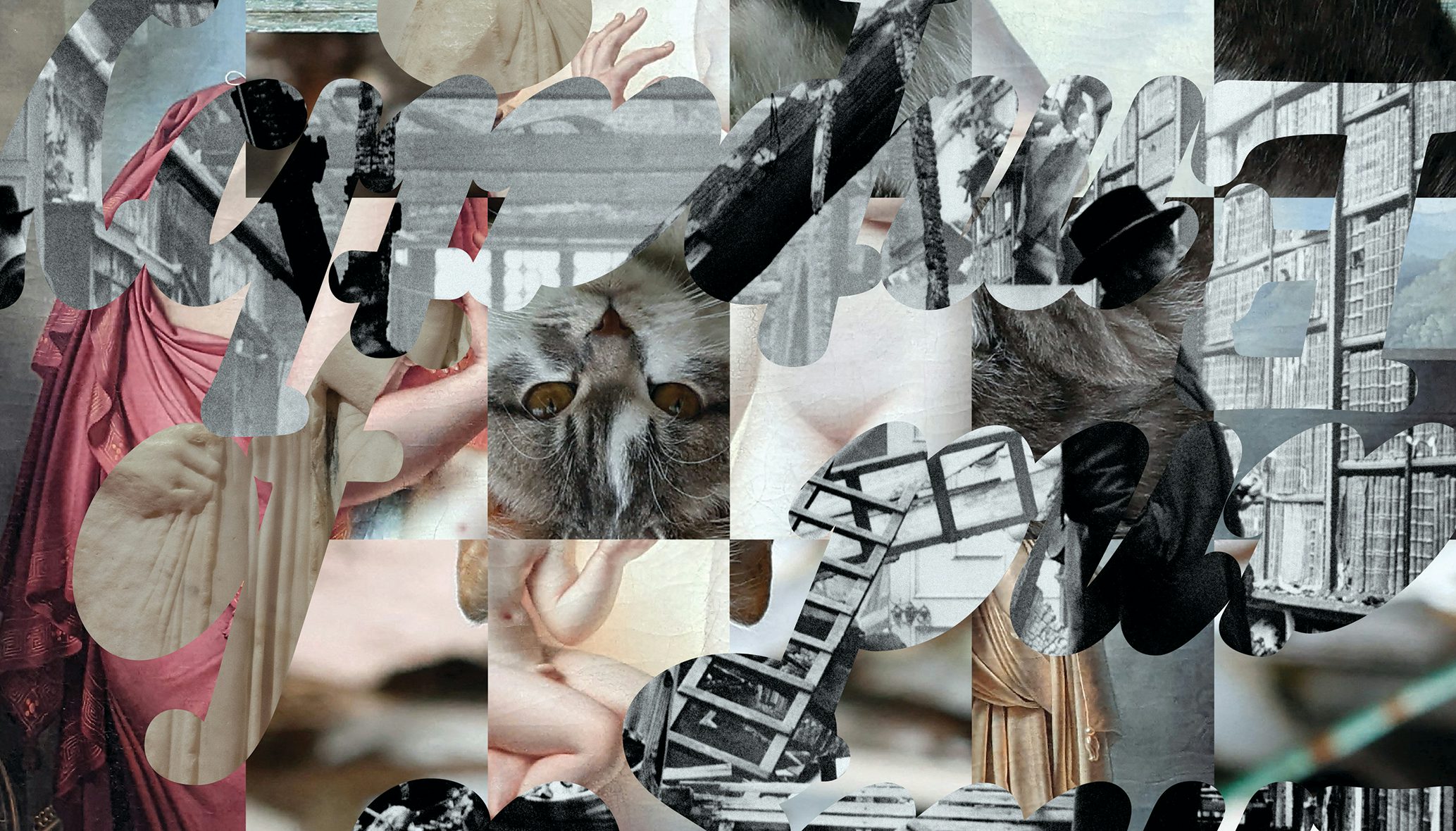Agents of Concern is looking for: video’s for the exhibitions and short talks for the conference

Ann Bessemans, READSEARCH
An exhibition and conference at PXL-MAD, School of Arts, Hasselt, in collaboration with Hasselt University
November 16–18, 2023; exhibition from November 16 – December 15, 2023
Agents of Concern explores the impact of images on our empathic engagement with the world around us. We seek artists and scholars across disciplines to contribute to an exhibition and conference program that brings together ways of speaking with, about, and to images. How do images affect our emotional and cognitive capacities to understand the experiences and mental states of others, and to feel our way into both human and non-human entities?
The project is a three-pronged investigation into what we term image-mediated empathy. First, focusing on visual strategies of projection, imitation, and imagination, we compare the different types of empathic engagement that these strategies enable. Second, addressing the conceptual origins of empathy in the notion of Einfühlung, developed in psychology and aesthetics in 19th century Germany, we discuss mechanisms of animation that allow viewers to approach images as if they were living entities. What happens when empathy for images replaces empathy through images? Third, we examine the role of empathy in practices of visual forensics. We ask how an engagement with the critical consolidation of evidence via images reshapes the empathic gaze of media consumers.
Approaching images as agents of concern, we explore the numerous ways in which they direct our empathic gaze. Images can be seen as passive vehicles, deployed to manipulate viewers’ emotions in the service of aesthetic, political or commercial concerns. In addition, images at times appear to have an agenda of their own. They can themselves become “of concern” to us when we attribute agency to them.
Set up as an exhibition and conference, Agents of Concern will create a dialogue between academic and artistic ways of deploying and speaking about images. The exhibition will showcase video works that feature and question different manifestations of the empathic gaze. These works include Harun Farocki, Inextinguishable Fire (1969); Chloé Galibert-Laîné, Watching the Pain of Others (2018); Jill Godmilow, What Farocki Taught (1998); Florian Göttke, Toppled (2011); Jelena Jureša, Aphasia (Act Three) – “A Kid From the Neighbourhood” (2019); Rabih Mroué, On Three Posters (2004/2022); Goda Palekaitė, I Write While Disappearing (2021); and Frank Theys, Milgram Rewoken (2017/2023).
We seek two forms of contributions: 25-minute lectures for the conference and short video works to be included in the exhibition.
→ For the lectures, we seek contributions from researchers in the humanities and the sciences—including art history, history, anthropology, psychology, cultural studies, gender studies, postcolonial studies, law, and neuroscience—as well as from open source investigators, artists, filmmakers and other image experts.
→ We welcome video contributions from artists as well as researchers. These videos can take the form of video essays, interviews, video lectures, and experimental videos, and should feature a reflection on images.
Themes
1. The empathic gaze: projection, imitation, imagination
→ The visual strategies shaping viewers’ emotional responses and levels of empathic engagement
→ Political uses of images and the role of empathy in the circulation of images
→ Manifestations of the empathic gaze in devotional practices
→ Remote spectatorship and the mechanisms of identification and embodiment
→ Images and the fear of contagion
→ Images and vicarious trauma
2. Animating the inanimate
→ The Pygmalion effect and the construction of living images
→ Idolatry and images as role models
→ The impact of new media and AI on viewers’ interactions with images
→ Image operations and images beyond representation
→ Empathy with visual abstractions
3. Practices of visual investigation
→ Photography and human rights
→ Visual testimony and the construction of visual evidence
→ The use of images in open source investigations
→ Visual literacy and strategies of countering disinformation
→ Ways of empathizing with the archive
This project is organised by the research group FRAME at PXL-MAD, School of Arts, in collaboration with Hasselt University, KRIEG?, and CCHA.
With the kind support of the Flemish Government and Video Data Bank.
Graphic Design: Ann Bessemans, READSEARCH


